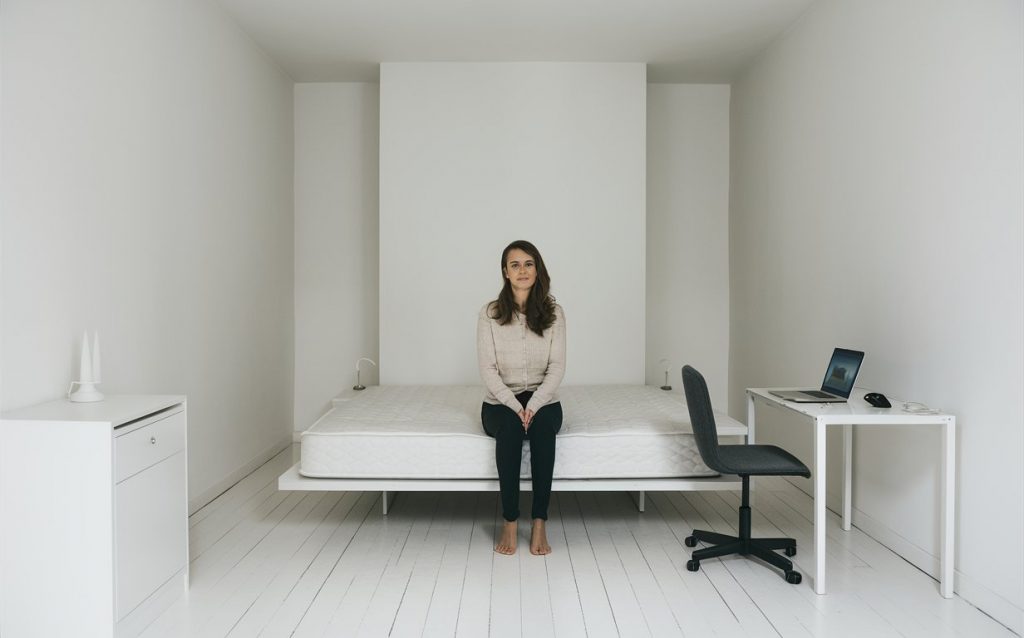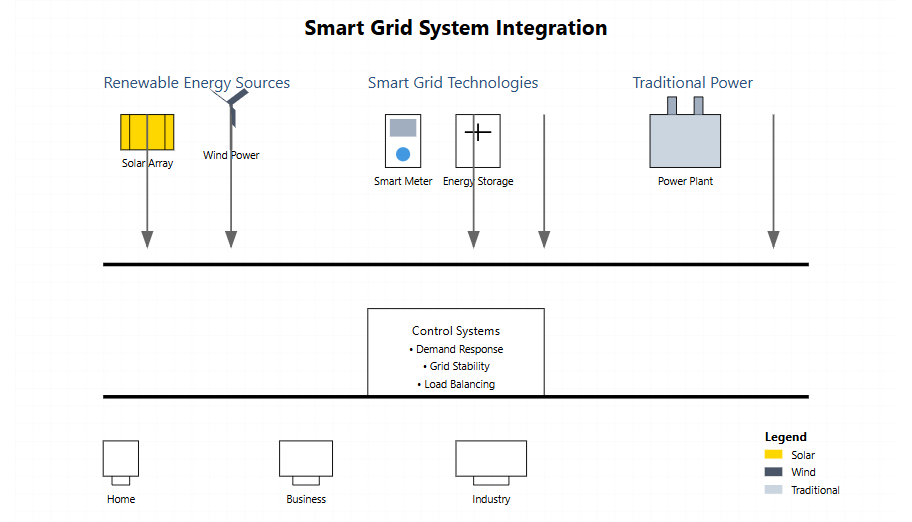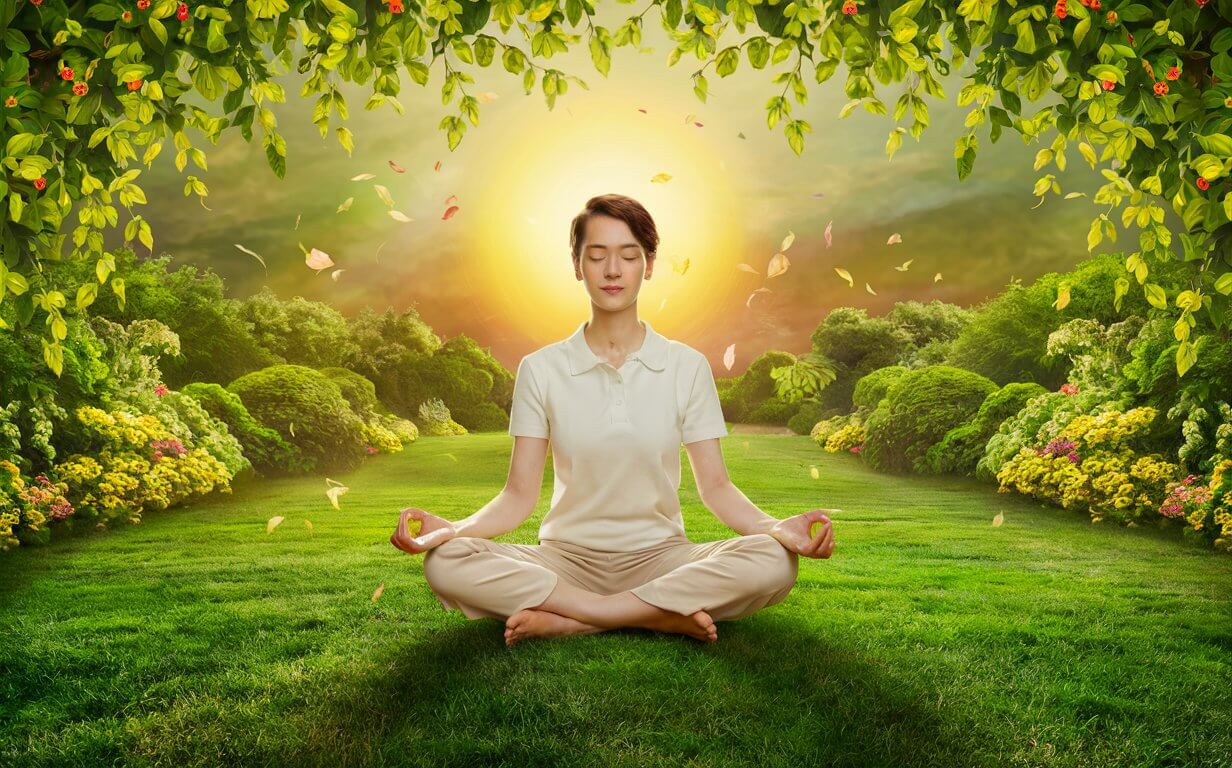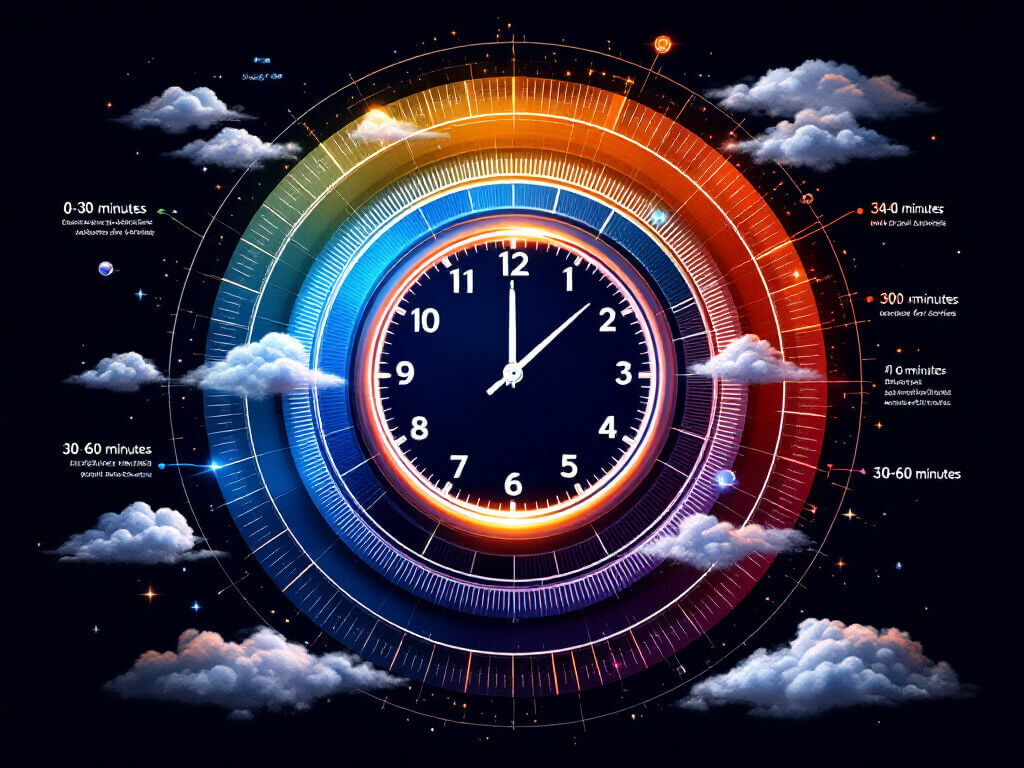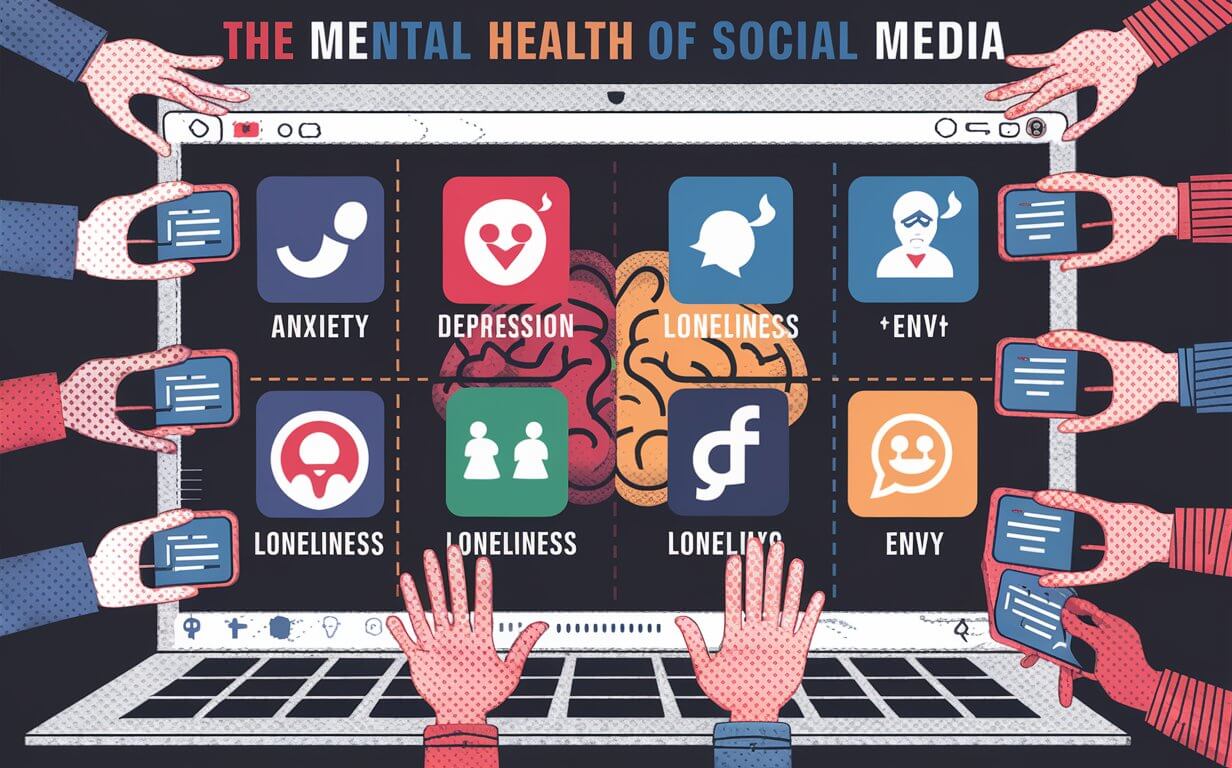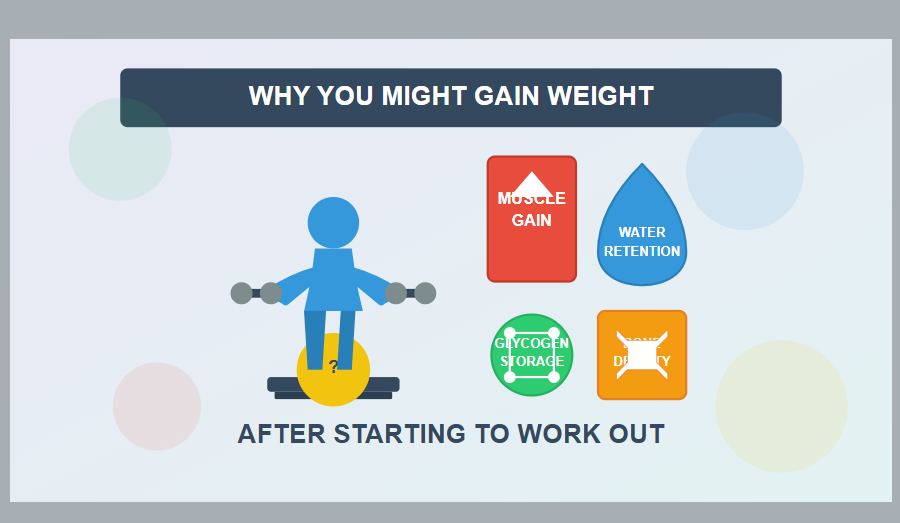Picture this: Sarah, a 28-year-old graphic designer, proudly showcases her studio apartment on Instagram. The space is nearly empty, save for a mattress on the floor, a single chair, and a laptop. Her caption reads, “Living with just 57 items. Who can beat that?” Welcome to the world of competitive minimalism, where less isn’t just more—it’s a contest.
In recent years, the minimalist lifestyle has exploded in popularity, particularly among young urban professionals. What began as a well-intentioned movement to simplify life and reduce consumption has, for some, morphed into an extreme sport. This write-up delves into the phenomenon of competitive minimalism, its impacts, and how to find a healthy balance in a world obsessed with decluttering.
Table of contents
The Rise of Competitive Minimalism
Defining Competitive Minimalism
Competitive minimalism is the practice of trying to outdo others in owning as few possessions as possible. It’s a race to the bottom, where the person with the least “wins.” This trend has gained traction in recent years, fueled by social media, minimalist influencers, and a growing backlash against consumerism.
Social Media’s Role in Fueling the Trend
Platforms like Instagram and TikTok have become breeding grounds for minimalist one-upmanship. Users showcase their sparse living spaces, capsule wardrobes, and item counts, often accompanied by hashtags like #minimalistlifestyle or #declutteringchallenge. This constant exposure to extreme minimalism can create a skewed perception of what it means to live simply.
Dr. Emma Thompson, a social psychologist at Urban University, notes, “Social media has turned minimalism into a performance. It’s no longer just about personal satisfaction; it’s about gaining validation from others”.
The Psychology Behind the Minimalist Movement
The appeal of minimalism is rooted in genuine desires for freedom, clarity, and control. In a world that often feels chaotic and overwhelming, the idea of simplifying one’s life can be incredibly attractive. However, when taken to extremes, this pursuit can become counterproductive.
“There’s a fine line between decluttering for personal well-being and doing it to prove something to others or oneself,” explains Dr. Thompson. When minimalism becomes competitive, it often stems from deeper issues like anxiety, insecurity, or a need for control.
The Dark Side of Decluttering Obsession
When Less Isn’t More: The Pitfalls of Extreme Minimalism
While decluttering can be beneficial, taking it to extremes can lead to practical and emotional challenges. Some competitive minimalists find themselves getting rid of items they later regret, or living in spaces that feel sterile and uninviting.
Jane Chen, a former “extreme minimalist,” shares her experience: “I got rid of so much that my apartment felt like a hotel room. I realized I had sacrificed comfort and personality in pursuit of a number.”
The Environmental Impact of Rapid Decluttering
Ironically, the rush to declutter can have negative environmental consequences. When people purge their belongings en masse, many items end up in landfills. The Ellen MacArthur Foundation reports that the equivalent of one garbage truck of textiles is landfilled or burned every second.
Mental Health Concerns: Anxiety and Perfectionism
For some, the pursuit of the perfect minimalist lifestyle can become a source of stress and anxiety. The pressure to maintain an ultra-tidy space or stick to a strict item limit can lead to obsessive behaviors and feelings of failure when these standards aren’t met.
Dr. Michael Levine, a clinical psychologist specializing in perfectionism, warns, “Extreme minimalism can be a manifestation of perfectionism, which is associated with increased risk of anxiety and depression.”

Minimalist Consumerism: An Oxymoron?
The Irony of Buying to Declutter
One of the most paradoxical aspects of the minimalist movement is the emergence of “minimalist consumerism.” People often buy new, aesthetically pleasing items to replace their old, functional ones in pursuit of a minimalist look.
Minimalist Aesthetic vs. True Minimalism
There’s a growing distinction between aesthetic minimalism—characterized by sleek, often expensive items—and true minimalism, which focuses on reducing consumption and living with less.
Sarah Zhang, author of “Beyond the Minimal,” argues, “True minimalism isn’t about having perfectly curated possessions; it’s about being content with what you have and consuming mindfully.”
The Rise of Minimalist-Branded Products
Marketers have capitalized on the minimalist trend, creating entire product lines branded as “minimalist essentials.” This commercialization of minimalism raises questions about whether the movement has strayed from its anti-consumerist roots.
Finding Balance: Mindful Consumption in a Materialistic World
Practical Tips for Sustainable Decluttering
- Declutter gradually, giving yourself time to assess what you truly need and value.
- Consider donating or selling items instead of throwing them away.
- Focus on reducing future purchases rather than just eliminating current possessions.
Embracing “Enough” Instead of “Least”
Rather than striving for the absolute minimum, focus on finding your personal “enough.” This varies from person to person and depends on individual lifestyles, needs, and values.
Cultivating Contentment Beyond Possessions
Minimalism at its core is about creating space for what truly matters. This might mean fewer possessions, but it also involves cultivating relationships, experiences, and personal growth.
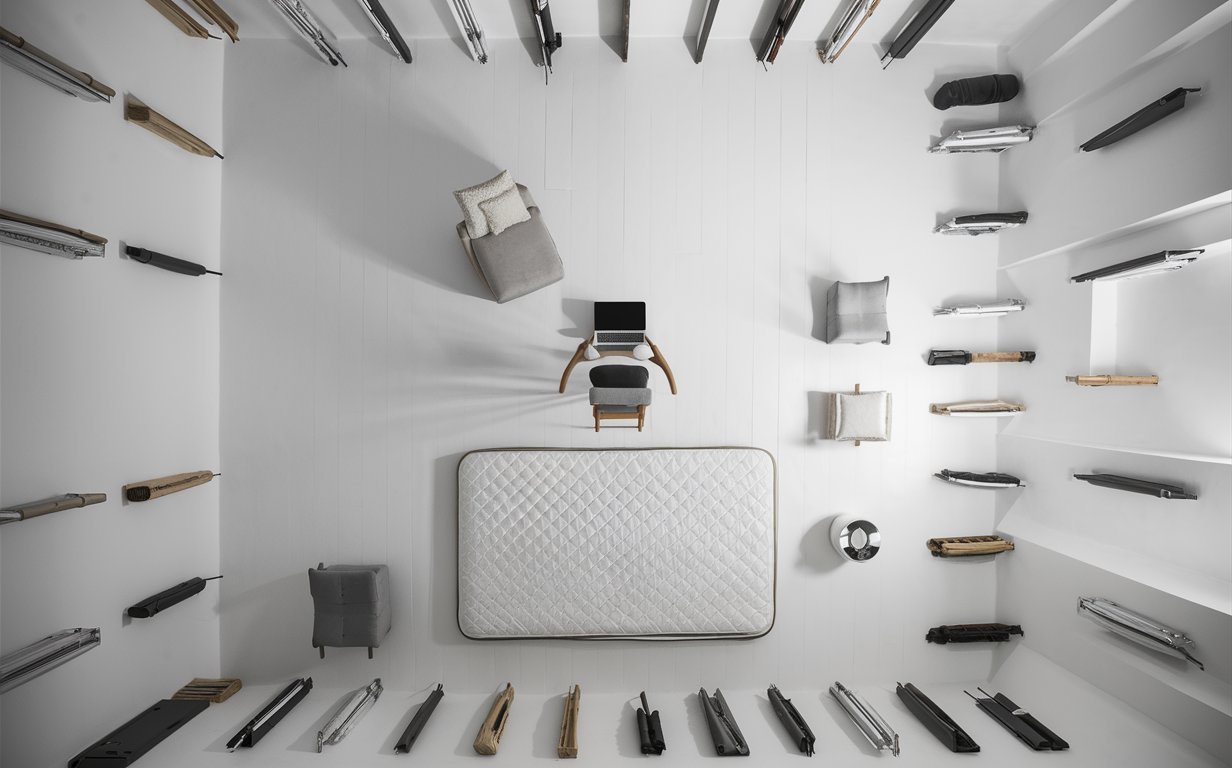
The Minimalism Backlash: A Growing Countermovement
Critiques of the Minimalist Lifestyle
As extreme minimalism gains attention, so does its criticism. Detractors argue that it’s often a privilege to choose extreme minimalism and that it can be impractical for many lifestyles.
Embracing “Maximalism” and Personal Style
In response to the minimalist trend, some are embracing “maximalism”—a celebration of abundance, color, and personal expression through possessions.
Finding Middle Ground: Personalized Minimalism
The key may lie in finding a personalized approach to minimalism that aligns with individual values and lifestyles. This might mean having a capsule wardrobe but a fully stocked kitchen, or living in a tiny home but owning a variety of outdoor gear.
Conclusion
The minimalist arms race, while rooted in positive intentions, can lead to unhealthy competition and unsustainable practices. True minimalism isn’t about owning the least or living in a picture-perfect, stark white space. It’s about intentionality, mindful consumption, and creating a life filled with what matters most to you.
As we navigate the complex relationship between possessions and well-being, let’s shift our focus from competing to connect, from purging to purposing. Whether you own 50 items or 500, the goal should be to create a life that feels authentic, sustainable, and fulfilling.
Next time you feel the urge to declutter, ask yourself: Am I doing this for me, or for the ‘gram? The answer might just lead you to your own, perfectly imperfect version of minimalism.
References
- Thompson, E. (2023). The Impact of Social Media on Minimalist Lifestyles. Urban University.
- Ellen MacArthur Foundation. (2022). A New Textiles Economy: Redesigning Fashion’s Future.
- Levine, M. (2023). The Psychology of Extreme Minimalism. Journal of Consumer Behavior, 45(2), 112-128.
- Zhang, S. (2022). Beyond the Minimal: Redefining Simple Living in the 21st Century. Mindful Press.

